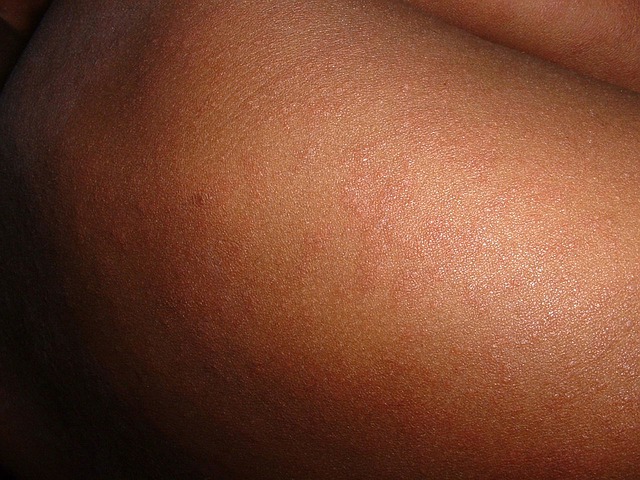Taiwan health authorities have confirmed two measles cases linked to the Songshan Airport in Taipei, one in a passenger and one in an employee.
On July 15, 2016, the 42-year-old case took a flight to Kinmen from Songshan Airport. On July 16, he returned to Taiwan. During July 24 and 31, he visited a clinic several times after developing symptoms such as fever, cough and rash.

The 25-year-old case is an airline ground crew. On July 15, she worked at the waiting area for the domestic flight at Songshan Airport. During July 30 and 31, she visited a clinic and a hospital several times after subsequently developed symptoms such as fever and rash.
On August 1, infection with measles was confirmed in both cases after the hospitals reported them to the health authorities as suspected cases. The Taiwan CDC’s laboratory found the gene sequences of the specimens collected from the two cases are the same. Hence, they are determined to be clustered cases.
In addition, a suspect case, a coworker of the 25-year-old case, is currently resting at home. Health officials note that she took several forms of mass transportation including the MRT Wenhu Line and a bus during the infectious period (July 26 and August 3), thus warning the public to be on the alert for measles symptoms.
To prevent further transmission of the disease, the health authority has implemented a number of prevention measures and identified 328 contacts, including the suspected case and the contacts, to monitor and follow up until August 21.
Taiwan CDC reminds that vaccination remains the best way to prevent measles. In Taiwan, the existing routine childhood vaccination schedule recommends a dose of MMR vaccine to children 12 months of age and another dose to first graders in elementary schools.
Unvaccinated infants and children, those who do not receive vaccine in a timely manner and those who have never been infected with measles are high-risk groups. Parents are urged to ensure timely vaccination of children under one year old and those who have not completed the MMR vaccine series and avoid bringing unvaccinated children to the affected areas in order to prevent infection.
People who are unsure of their infection and vaccination status are advised to seek their healthcare provider to determine their need for self-paid MMR vaccination. If symptoms pertaining to measles infection such as fever, fatigue, nasopharyngitis and obviously swollen lymph nodes behind the ears, and generalized irregular papules, joint pain or arthritis develop after returning to Taiwan from affected areas, please put on a mask, seek immediate medical attention, and voluntarily inform the physician of relevant travel and exposure history.
Related:


One thought on “Taiwan confirms measles cluster linked to Songshan Airport”